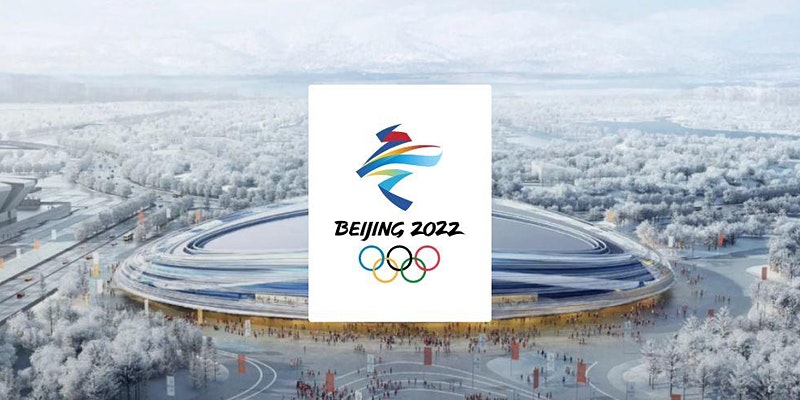Beijing Winter Olympics 2022: Sports, Law, and Policies
Beijing will organize the XXIV Olympic Winter Games from 4 to 20 February and the XIII Paralympic Winter Games from 4 to 13 March 2022. Amid the pandemic, concerns, and controversies, these Olympics may have special implications on the future development of sports-related law and policies in the world. Our distinguished speakers will explore critical issues such as:
- What can we learn from the history of Olympic boycotts and their impact? What are the obligations of athletes around the issue of political comments? Can Sports diplomacy provide benefits that conventional diplomacy or international trade cannot? Can the Winter Olympics help ease the thaw in frosty bilateral ties?
- What are the contents and significance of the proposed amendment to the Chinese Sports Law before the Beijing Winter Olympics? How does China develop sports arbitration?
- Are there economic benefits to hosting the Olympics or similar events? What is China’s plan to protect intellectual property in the Winter Olympics 2022?
- How will the Winter Olympics manage COVID-19, and will this impact China’s ‘Zero COVID’ policy?
About the speakers (in the surname alphabetical order):
Professor Tim Harcourt is an Industry Professor and Chief Economist, UTS. He is also known as The Airport Economist and a guru in Sports Diplomacy.
Professpr Deborah Healey is a Director of the Herbert Smith Freehills China International Business and Economic Law Centre at the UNSW Law Faculty. She widely published in sports law, is a Life Member of the Australia and New Zealand Sport Law Association, a Co-editor of the Australia and New Zealand Sport Law Journal.
Professor Keiji Kawai is a professor of Sport Law at Doshisha University, Kyoto, Japan. He is a board member of the Japan Sports Law Association and served as the General Secretary in 2017-2019. He is also an arbitrator of the Japan Sports Arbitration Agency.
Professor Yang Pei is a leading sports law expert in Beijing Normal University and widely participated in Chinese sports law legislation. He is a Member of China Association for Sports Law and a Member of the Hearing Committee of China Anti-Doping Agency. He also served as an expert witness in the Sun Yang arbitration case.
Moderator: Associate Professor Jie (Jeanne) Huang is Deputy Director of the China Studies Centre and the Centre for Asian and Pacific Law at Sydney Law School.
When: Thursday 3 February, 1-2.15pm AEDT
This event is jointly organised by the China Studies Centre and the Centre of Asian and Pacific Law (CAPLUS) at the University of Sydney Law School.
Photo credit: Image via https://olympics.com/en/beijing-2022/

